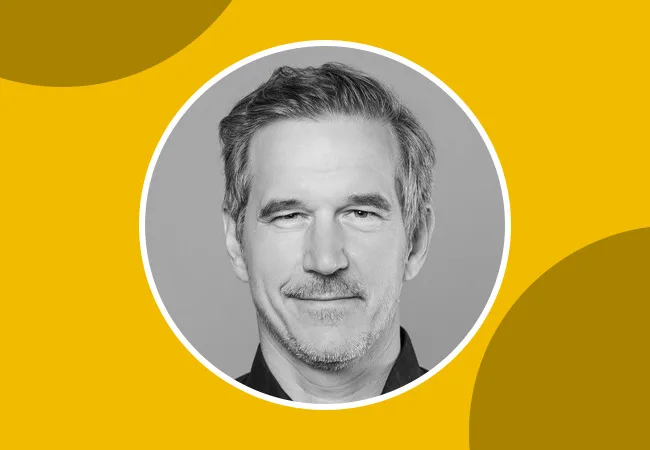
Meet the scientists researching at Goethe University: Chemist Martin Grininger
We wanted to know: Why did our scientists want to become scientists in the first place? What are they working

We wanted to know: Why did our scientists want to become scientists in the first place? What are they working
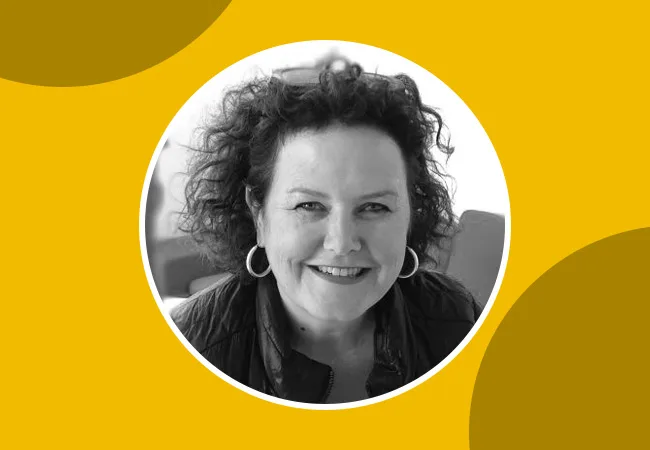
We wanted to know: Why did our scientists want to become scientists in the first place? What are they working
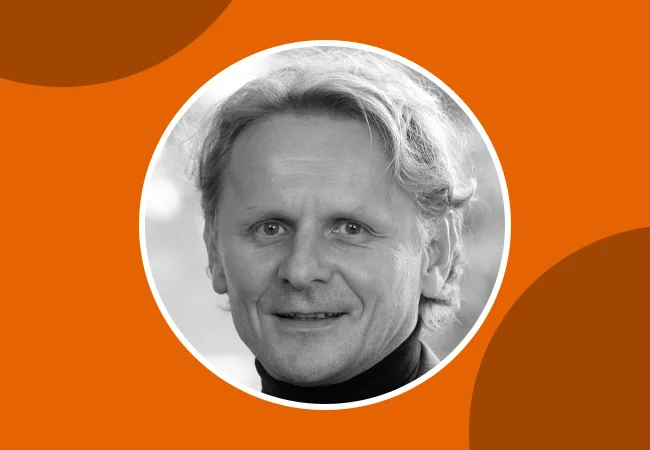
We wanted to know: Why did our scientists want to become scientists in the first place? What are they working
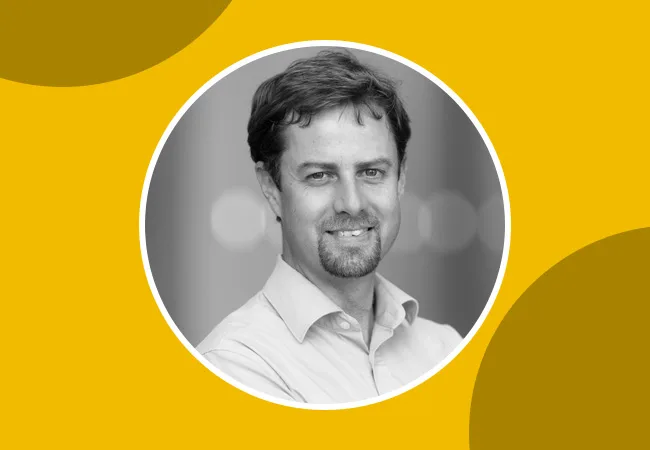
We wanted to know: Why did our scientists want to become scientists in the first place? What are they working

Award recognizes work in the field of environmental and socio-ecological sustainability research at Goethe University Frankfurt. This year’s „Frankfurter Preis
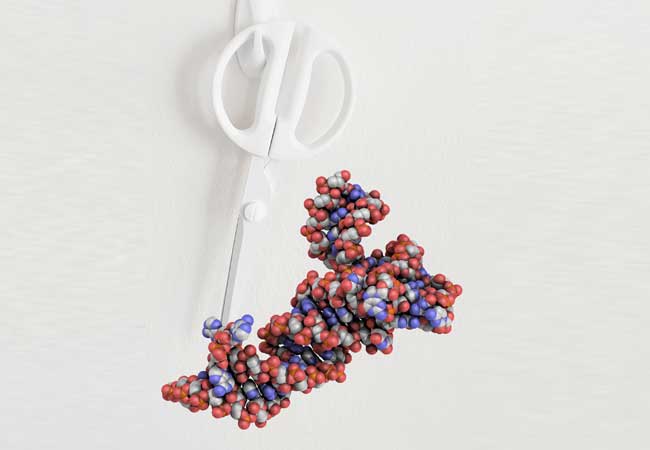
Structure of an enzyme crucial for tRNA maturation sheds light on cause of neurodegenerative disorders In all living organisms, the
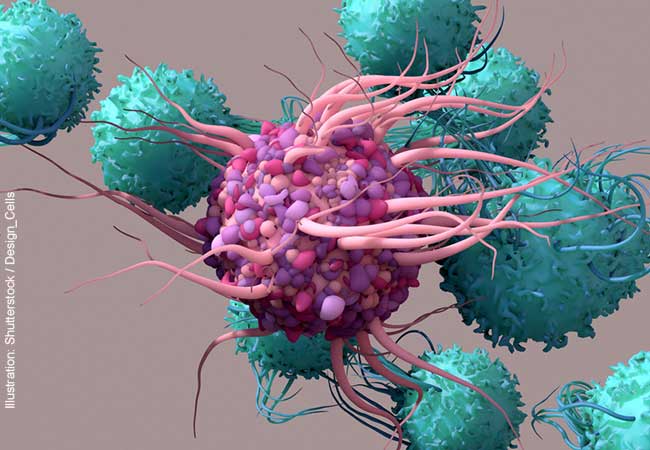
Researchers from Goethe University Frankfurt, the Max von Pettenkofer Institute and Hannover Medical School are shedding light on the molecular
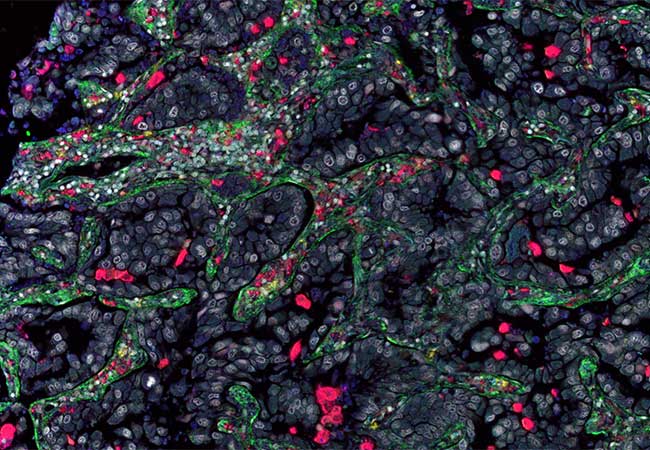
For solid tumors to grow efficiently, they generally need the help of non-transformed, endogenous cells around them. Through the communication
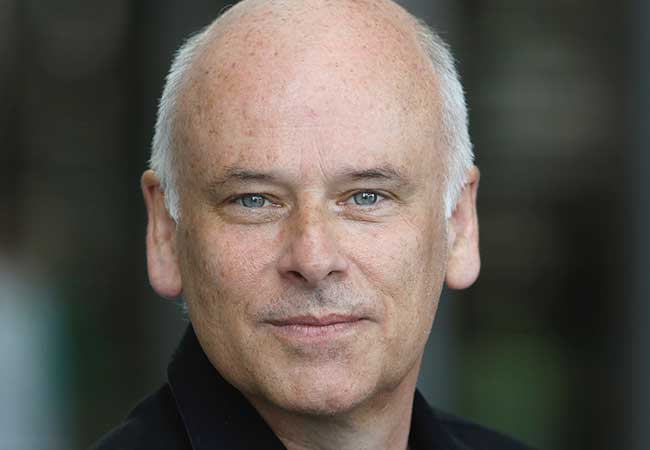
Biochemist and structural biologist Prof. Robert Tampé of Goethe University Frankfurt has received a research fellowship worth $250,000 (EUR 230,000).
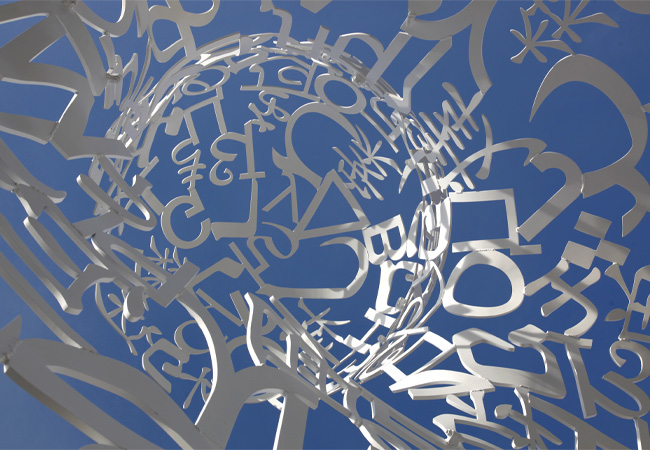
Goethe University Frankfurt is applying with four new clusters on the research topics “Confidence in Conflict” (CONTRUST), “Infection and Inflammation”
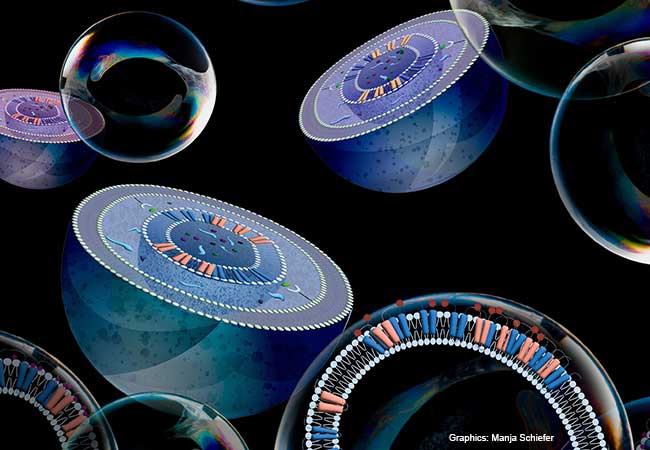
Our cells are crisscrossed by a system of membrane tubes and pockets called the endoplasmic reticulum (ER). It is crucial
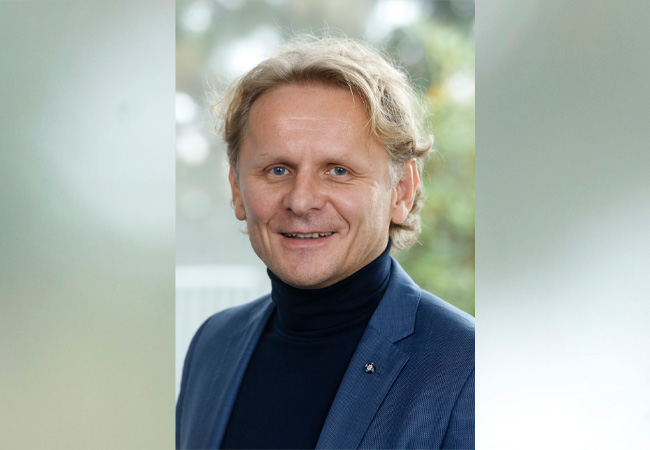
Prof. Ivan Đikić, Director of the Institute of Biochemistry II at Goethe University, will be awarded the Louis-Jeantet Prize for
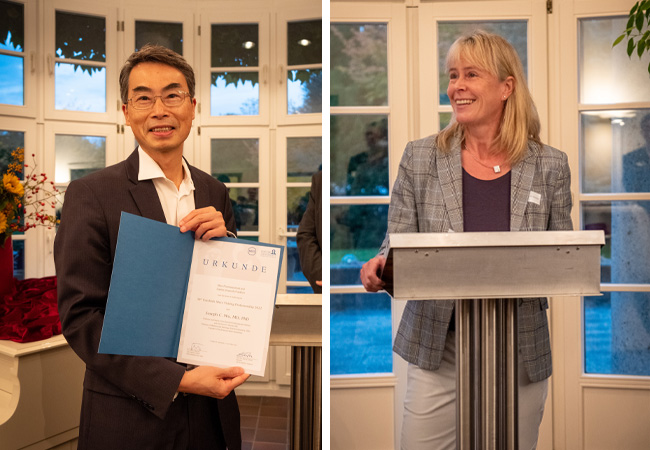
A review of the Friedrich Merz Visiting Fellowship Endowment 2022 It is thanks to the research of cardiologists like Joseph
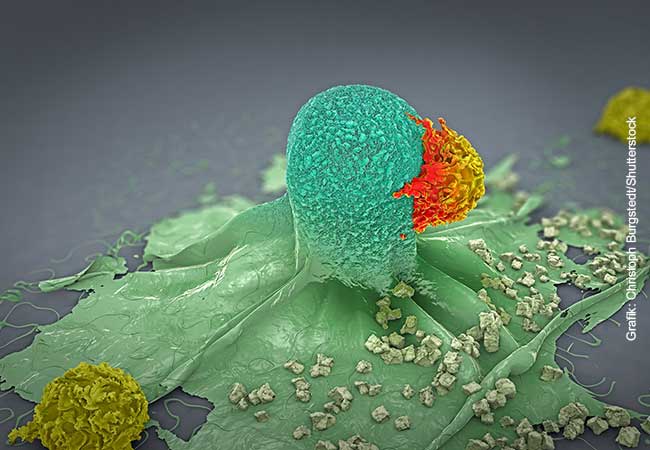
For an adequate immune response, it is essential that T lymphocytes recognise infected or degenerated cells. They do so by
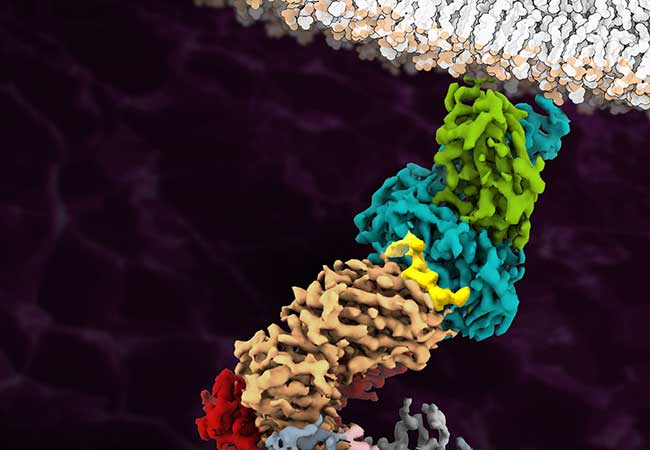
T cells are our immune system’s customised tools for fighting infectious diseases and tumour cells. On their surface, these special
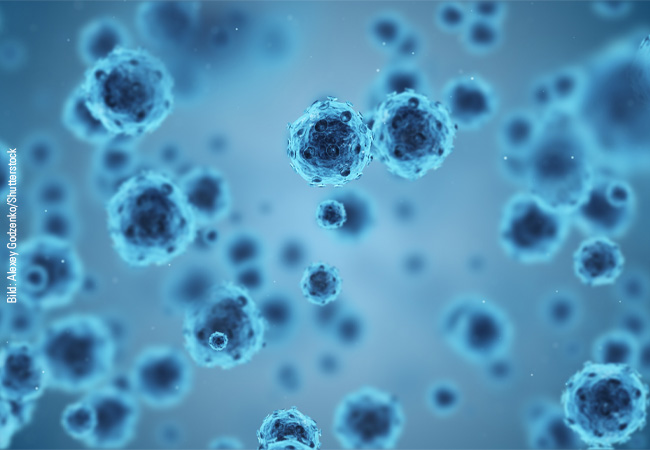
How do killer T cells recognise cells in the body that have been infected by viruses? Matter foreign to the
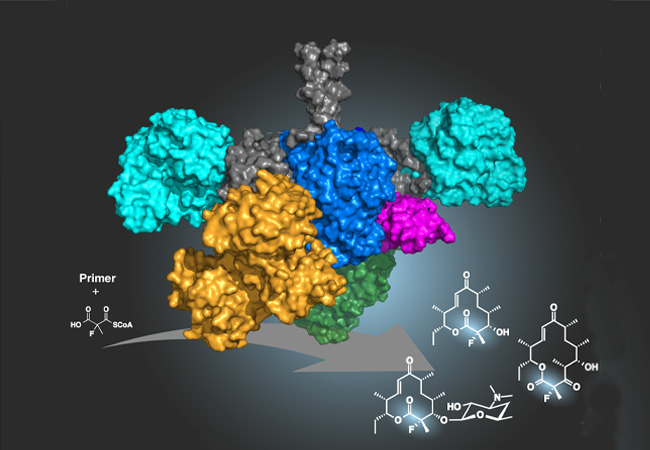
The use of the element fluorine to modify active substances is an important tool in modern drug development. A team
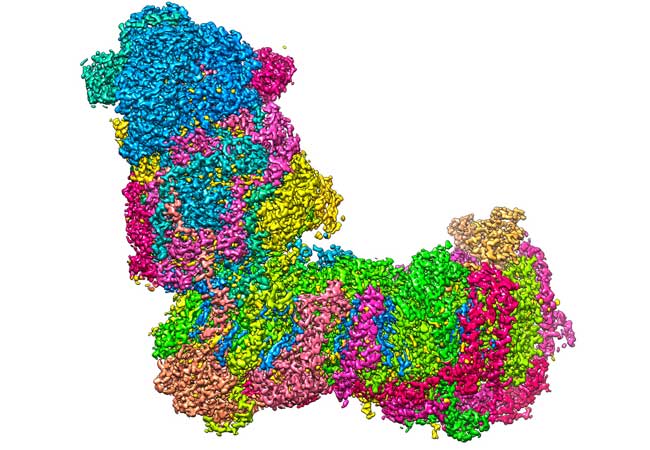
The respiratory chain plays a central role in energy metabolism of the cell. It is localized in mitochondria, the cell´s
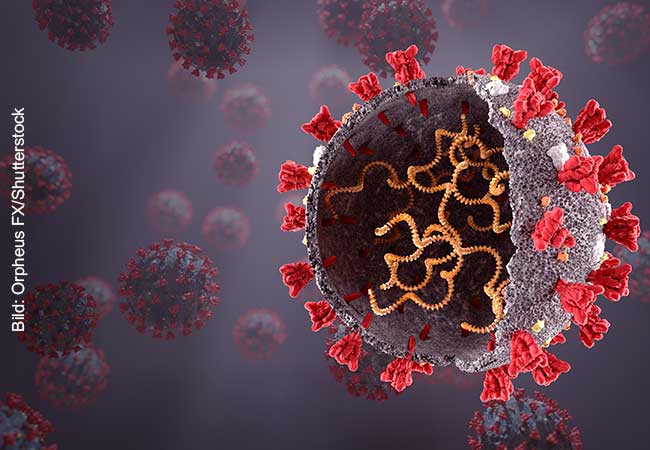
Certain regions of the SARS-CoV-2 genome might be a suitable target for future drugs. This is what researchers at Goethe
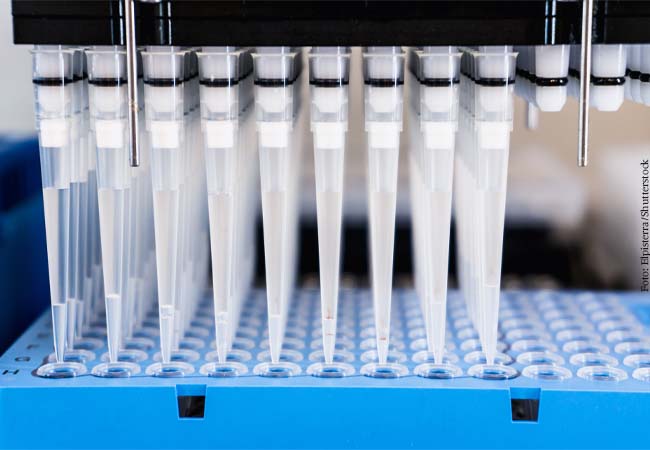
An extended application of the CRISPR-Cas technology has been made possible by Dr Manual Kaulich’s team at Goethe University: the
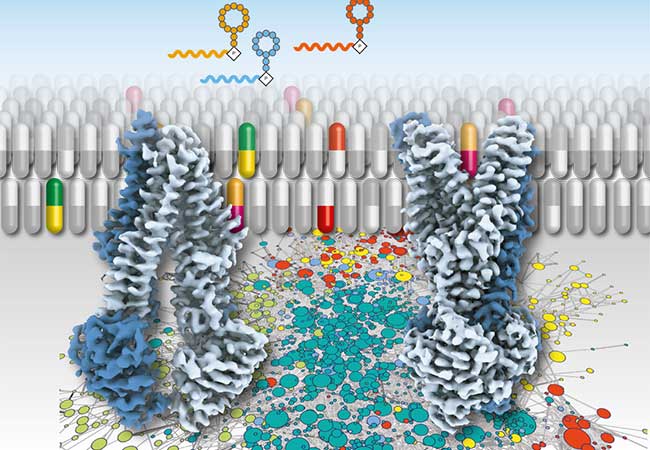
Whether bacteria are resistant to antibiotics is often decided at the cell membrane. This is where antibiotics can be blocked
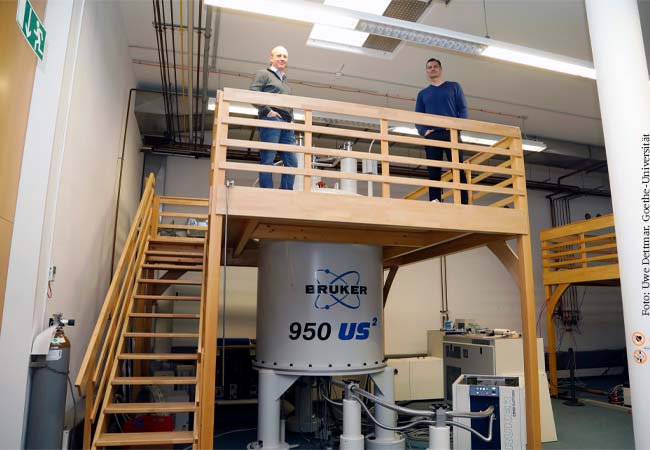
For the development of drugs or vaccines against COVID-19, research needs virus proteins of high purity. For most of the
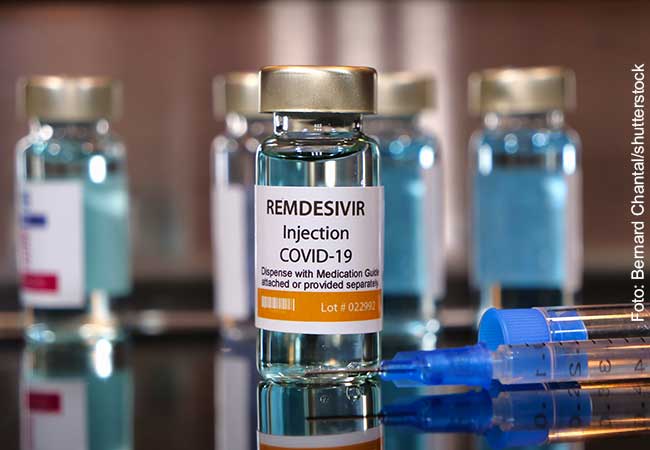
When a cell is infected, SARS-CoV-2 not only causes the host cell to produce new virus particles. The virus also

Whether we smell, taste or see, or when adrenaline rushes through our veins, all of these signals are received by
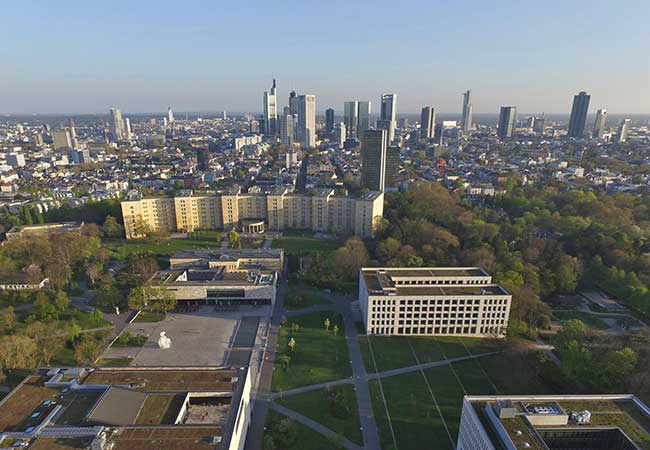
What opportunities to create trust do social conflicts offer? What happens when neutron stars merge and produce gravitational waves and
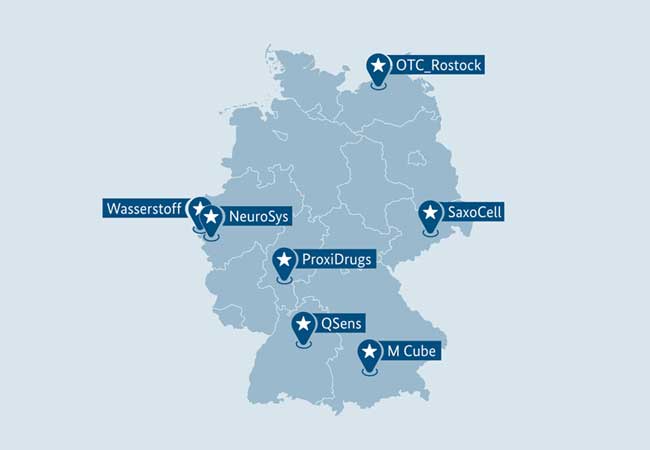
At the heart of the PROXIDRUGS cluster lies the development of novel drugs that systematically degrade disease-relevant proteins in the
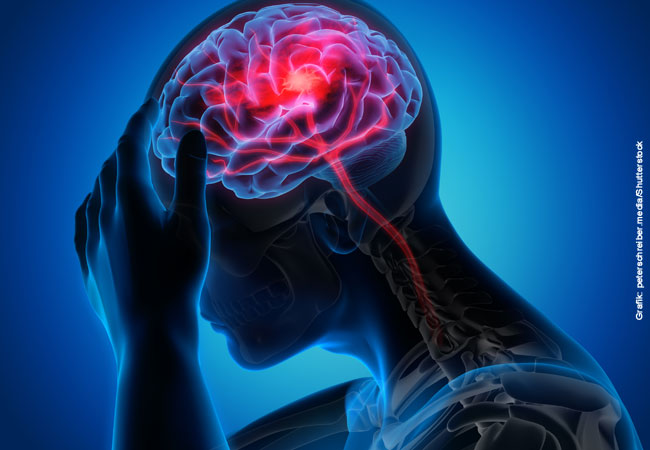
An ischemic stroke is an extreme disturbance of the homeostasis of brain and body. Among other things, the immune system
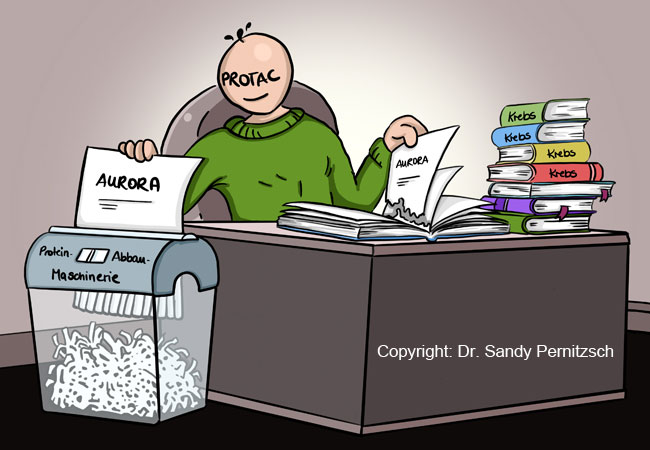
Researchers at Goethe University Frankfurt and the university of Würzburg have developed a new compound for treating cancer. It destroys
You cannot copy content of this page